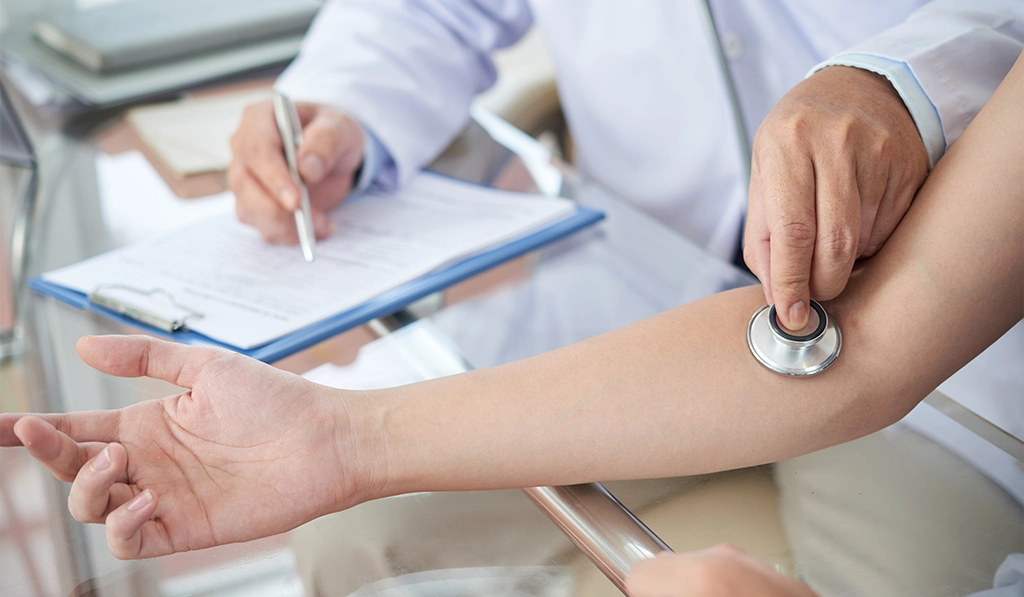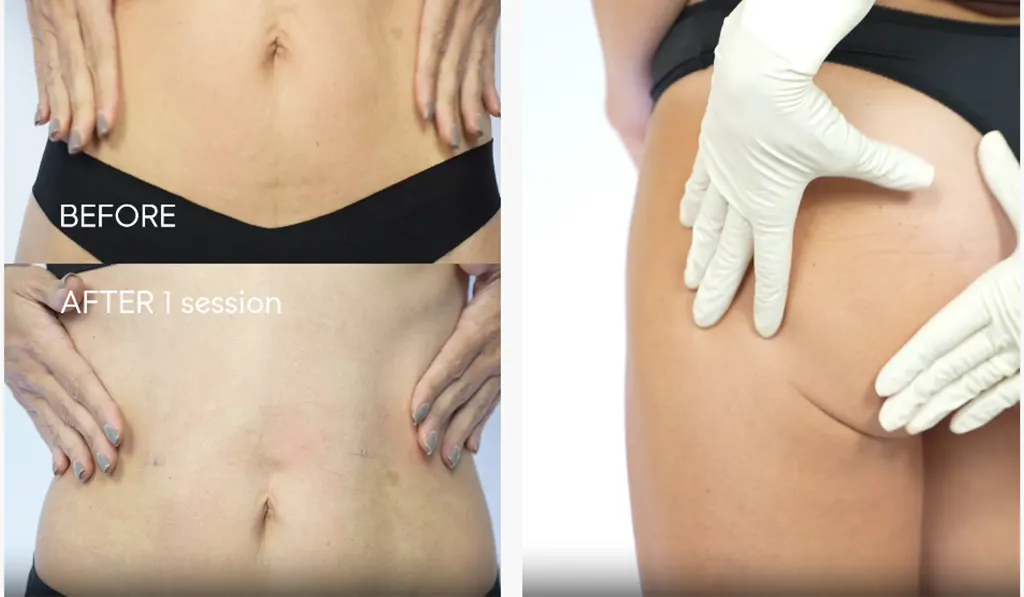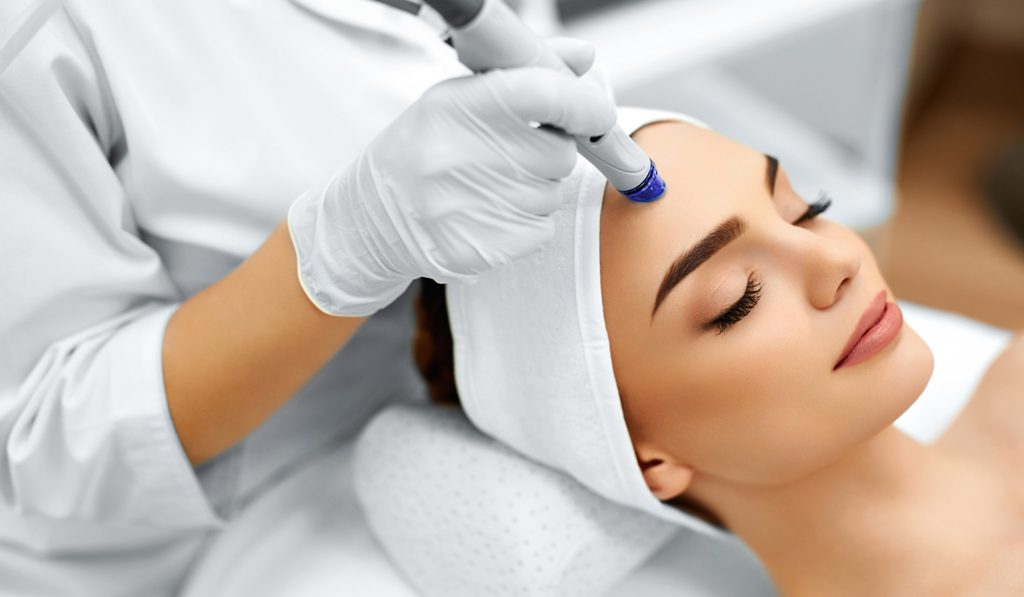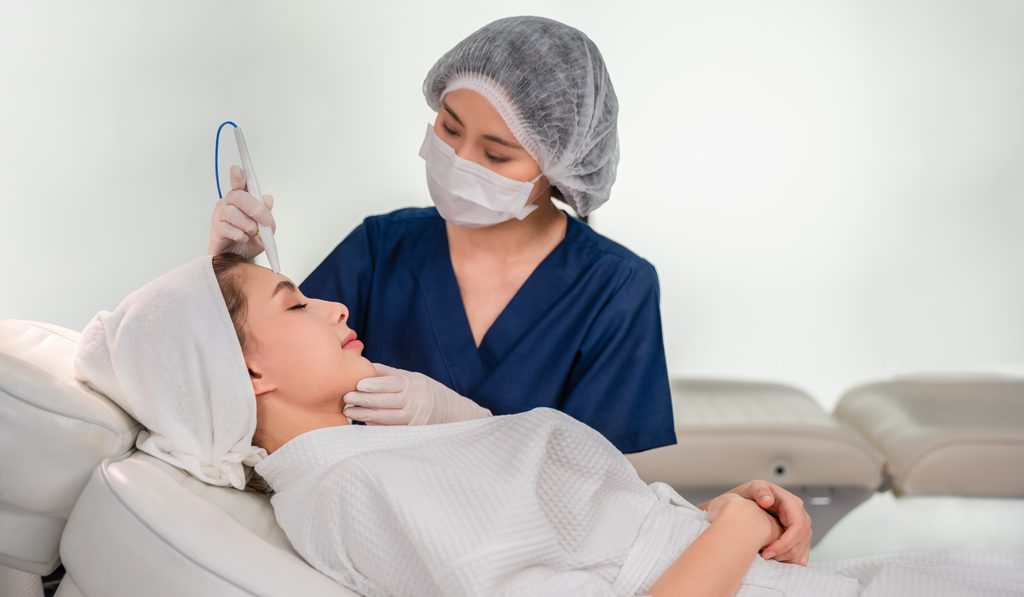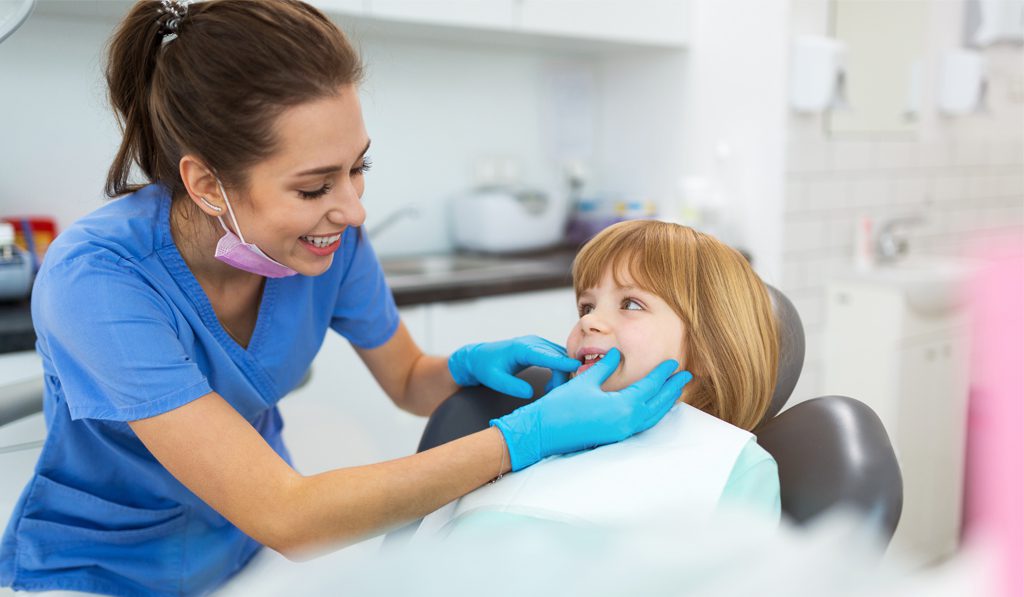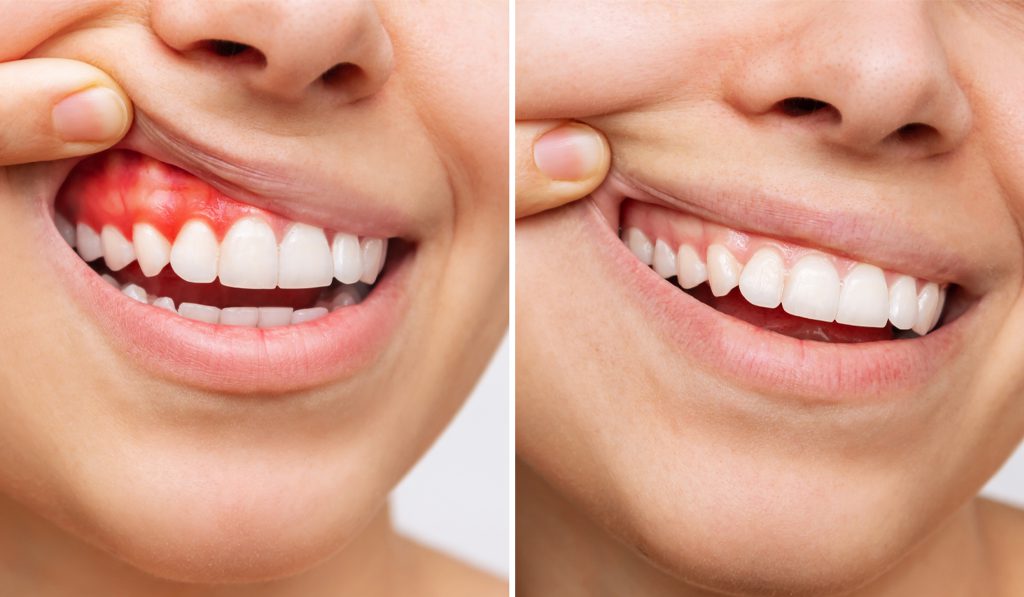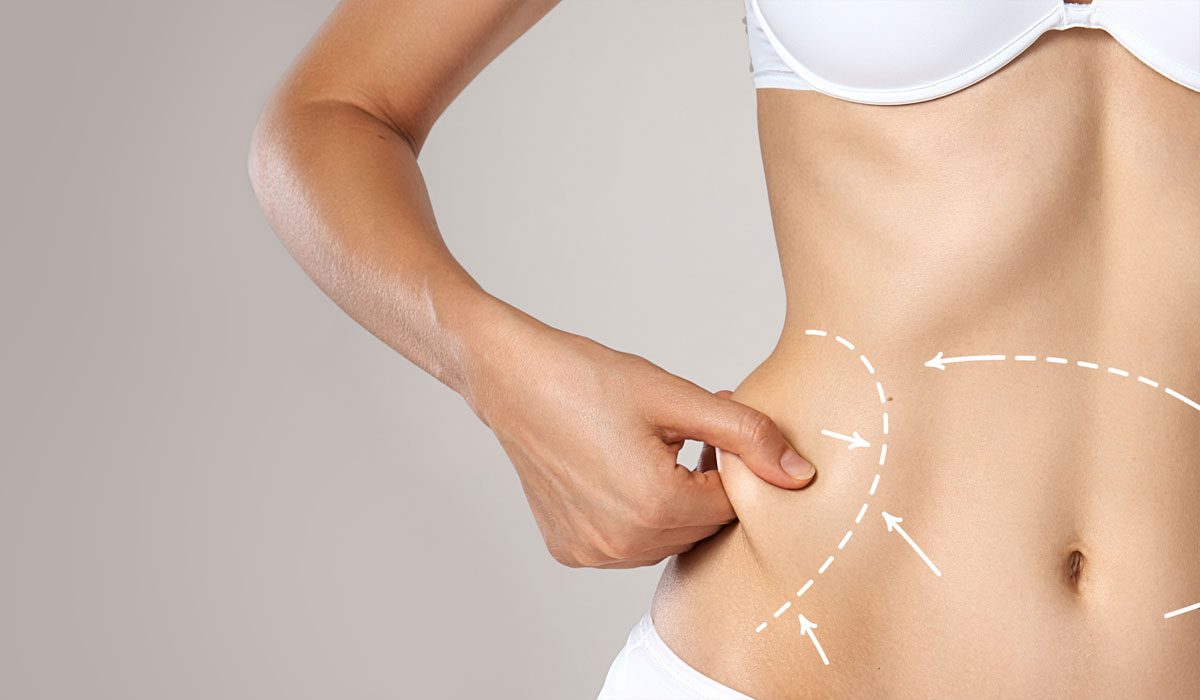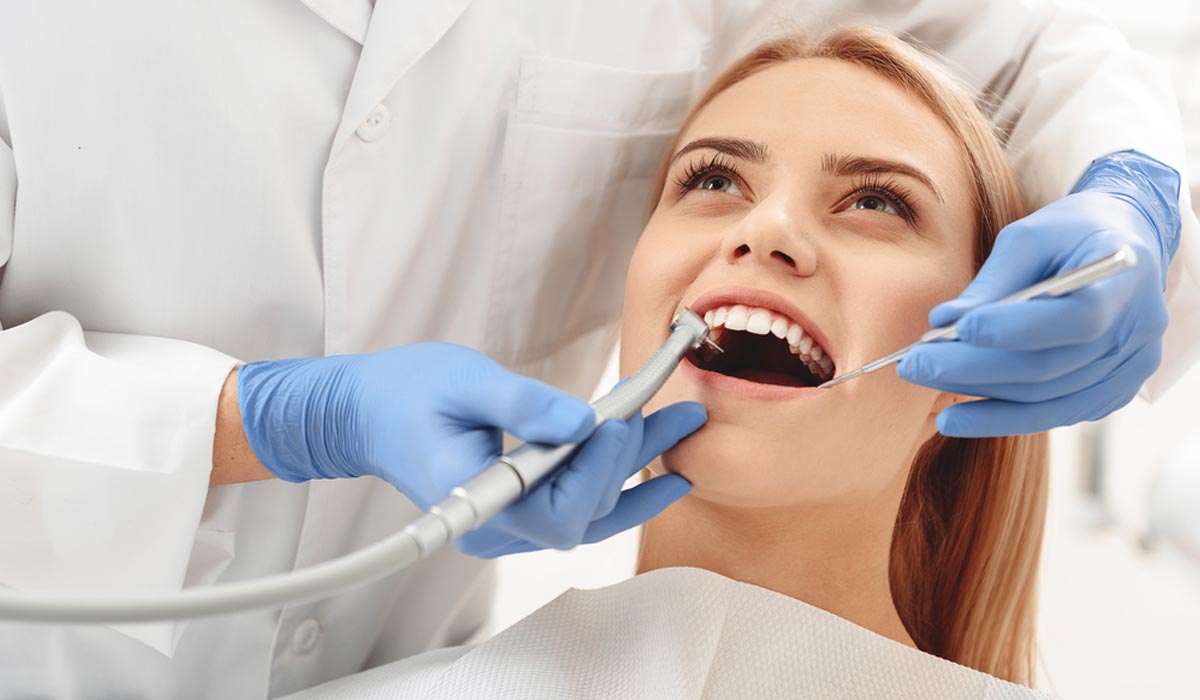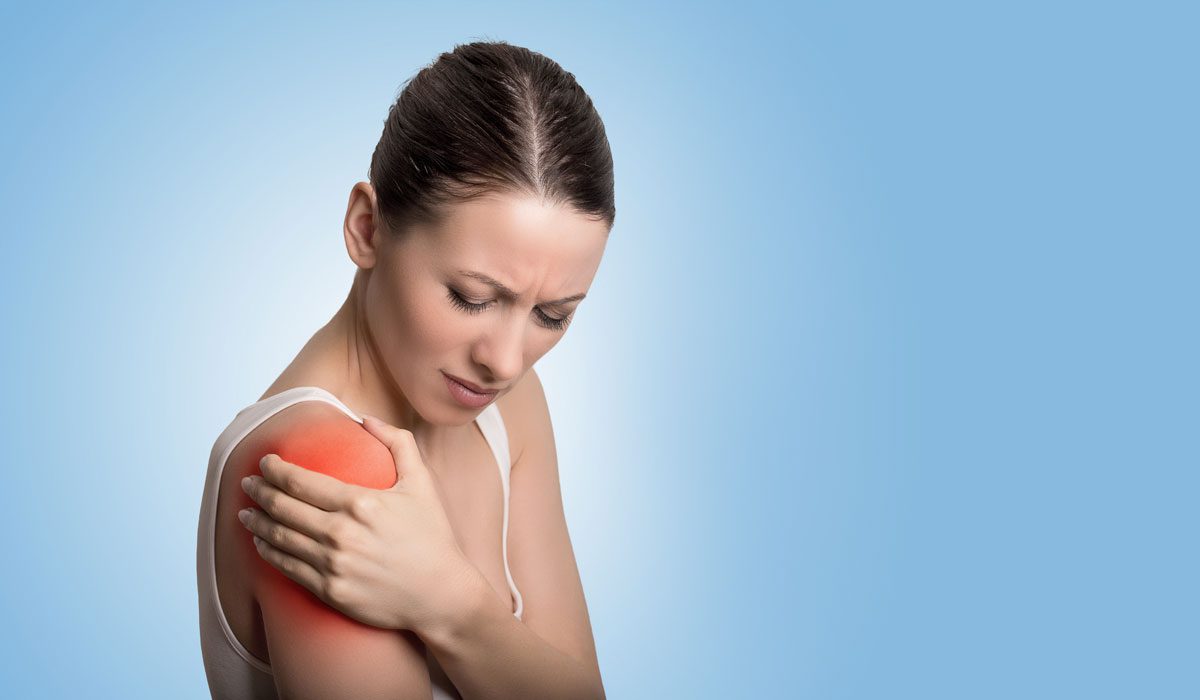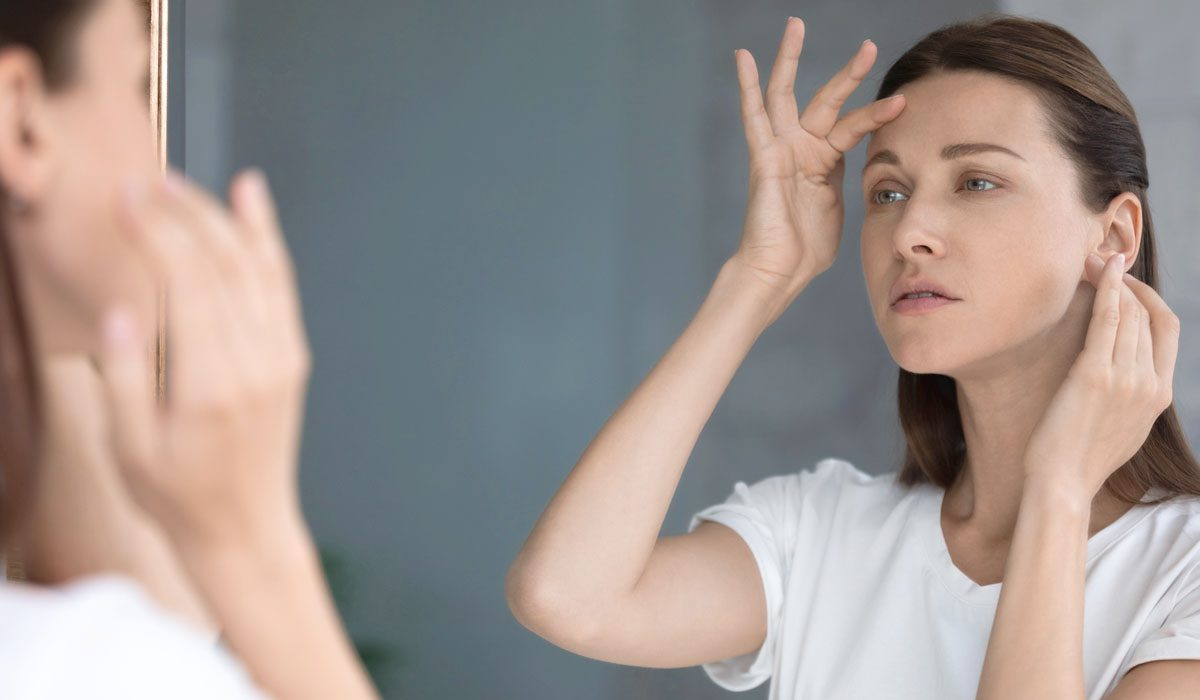What is menopause?
Menopause is a natural biological phenomenon, which starts with the end of a woman’s menstrual cycle. The term may describe all of the changes you go through, just before or after you stop getting your periods. It marks the end of your years of reproduction. A woman can no longer become pregnant naturally after menopause. Even though there is no set age for this to occur, usually it happens between 45 and 55 years. Depending on the body, it may also occur before or after this age bracket.
Menopause is a normal part of aging. It is not a health risk; however, the hormonal changes and various other factors lead to discomfort. Every single woman experiences menopause differently. Many have complete, healthy lives before and after the process, and some feel relaxed by not having to deal with menstruation or birth control anymore. Most women don’t need medical care for this, but if you’re facing a lot of problems, there are several effective treatments available.
Symptoms of menopause
The experience of menopause is distinctive to every woman. Numerous physical and mental changes can arise during menopause, which can cause symptoms. These symptoms can begin before menstruation is over, and may continue for several years.
Symptoms typically become more serious when menopause happens unexpectedly or during a shorter time. Conditions which affect the ovary’s health, or any other lifestyle habits, seem to increase the harshness and interval of symptoms. Below are some common menopause symptoms:
Irregular menstruation – Periods becoming irregular is usually the first sign of menopause. You may get them more or less than regular, and it might be lighter or heavier. Spotting is also a result of hormonal change. You may notice spotting before your period starts, or even towards the end.
Hot flashes – Experiencing hot flashes is a very common symptom of menopause. The person may feel a sudden heat sensation in the face, chest, or neck. It usually occurs in the upper part of the body. It can be linked to changes in blood circulation. They are referred to as night sweats if they occur while you are sleeping. Approximately 75 percent of women face this. Some women also experience cold flashes or chills.
Vaginal dryness – Drop in the levels of estrogen reduces the moisture around the walls of the vagina. You may face vaginal itching, dryness, and discomfort throughout the menopause. It might also increase the chances of infection.
Emotional changes – It is not uncommon to experience depression and anxiety during this phase. Hormonal changes and disturbance in sleep may lead to these issues.
Physical changes–There are chances to develop certain physical changes like weight gain, skin texture change, increased urination, etc.
Poor concentration, forgetfulness, fatigue, aches, etc. are some other symptoms many women experience.
Causes of menopause
Menopause is part of a woman’s life, not a disease. For most women, it is a normal process. It is the time when you don’t get your periods for at least 12 months. Many factors help determine when you’ll begin menopause, or what triggers this process. Some of these factors are:
- Estrogen and progesterone are the hormones that regulate your periods or menstrual cycle. As you approach the late 30’s, your ovary produces less of these hormones, and over a period of time, they stop creating eggs. This results in menopause.
- Surgical removal of ovaries causes immediate menopause. You are likely to experience extreme symptoms in such cases, as the hormonal changes happen suddenly, and not over the years.
- Any other clinical treatment like chemotherapy, or radiation, which affects your ovary function, also triggers this phenomenon.
- It may also be caused because of your genes or ovary dysfunction.
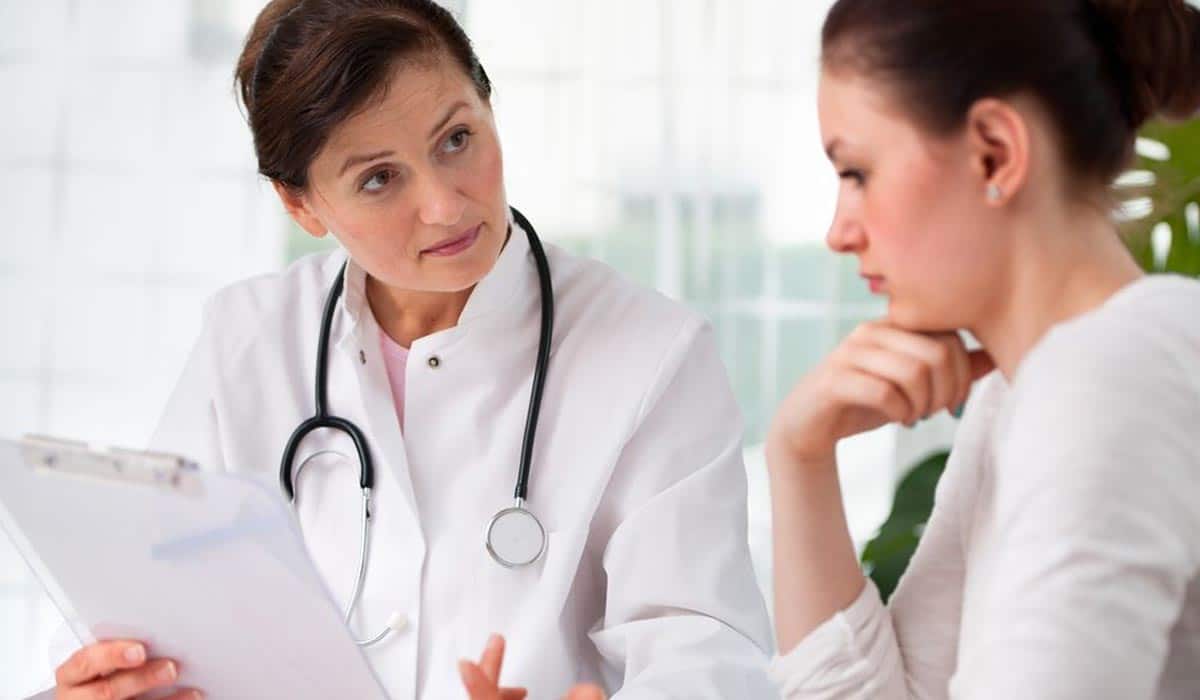
Menopause treatments
In most cases, medical treatment is not required. However, if your symptoms affect your day to day life and cause problems, you may need to consult a gynecologist.
Hormone therapy can be a treatment option for minimizing or controlling hot flashes, flushing, osteoporosis, etc. Specific treatments can be used to treat more severe symptoms of menopause.
There are many ways to gradually alleviate mild to moderate symptoms using natural remedies and lifestyle changes. Below are some home remedies to manage mild menopause symptoms.
Home remedies to manage menopause
Exercise – Moderate exercise, for about 20-30 minutes daily, helps maintain weight, improves mood, increases energy, and promotes overall well-being. Reducing excess body fat, especially around your waist, also helps manage hot flashes and night sweats.
Diet – To reduce the risk of osteoporosis, consume foods rich in calcium, magnesium, and vitamin D. These nutrients are good for bone health. It’s important to get enough of these nutrients in your diet. This might also improve your energy levels. For any nutrients supplement, consult your doctor.
High consumption of fruits and vegetables can help avoid different symptoms of menopause. It also lowers the chance of bone loss.
Practice meditation–Practicing meditation, yoga, and breathing techniques help in overcoming the anxiety. Increased energy, better metabolism, low stress, and better sleep are some other benefits.
Keeping cool – Staying in a cool environment helps you deal with hot flashes and also reduces night sweats. It is advisable to wear light clothing while sleeping.
Quit smoking – Cigarette exposure can make the symptoms worse. Stop smoking, and prevent passive smoke exposure as well. As per a study, women, who smoke, experience early menopause compared to women who don’t. It also leads to higher chances of heart disease, obesity, and bone loss.
Reduce alcohol intake – Excess alcohol increases the risk of osteoporosis and broken bones. It also leads to other menopause symptoms like hot flashes, depression, and weight gain. Bringing positive changes in life also helps in your overall health.
Summary
Menopause is a natural end of a woman’s periods and marks the cessation of fertility. This does not happen all of a sudden but is a gradual process. The effect of the symptoms on your quality of life can vary from mild to extreme. There are, however, various ways to treat these symptoms. While the symptoms may be difficult to cope with, eating the right diet and regular exercise can help to relieve and prevent them. It also makes you feel healthier over the long-run and improves your overall health.
There are medications and resources available for those who experience extreme menopause symptoms. Irrespective of the cause of menopause, what matters the most is regular visits to the doctor’s clinic. Your gynecologist can advise you about treatment and help prevent any possible complications.
Many women consider this as a positive change and a switch into a new phase of life. This phase can be used to explore sources of joy, fill yourself with positive thoughts, and discover a new you.
References:
https://www.healthline.com/health/menopause#timeline
https://www.medicalnewstoday.com/articles/155651
https://www.webmd.com/menopause/guide/menopause-basics#1
https://www.nhs.uk/conditions/menopause/


